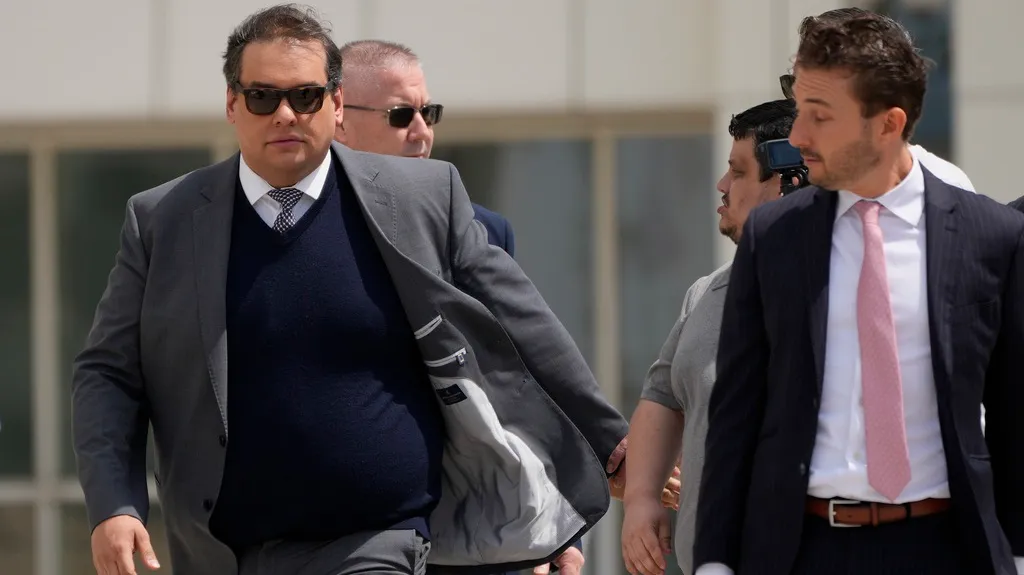October 24, 2013
Boy Scouts Council Loses Funding Due to Gay Ban
Jason St. Amand READ TIME: 3 MIN.
The Boy Scouts of America's continued ban on gay Scout leaders has caused ripple effects in central Kentucky, where a United Way chapter has cut off nearly $100,000 in annual funding to a regional scouting council in response to the national scouting policy.
United Way of the Bluegrass, based in Lexington, was the biggest single contributor to the Boy Scouts' Blue Grass Council until the funding was suspended this month. The two groups had been longtime partners until the United Way chapter suspended the funding, citing the anti-gay ban.
"We're hoping that the Boy Scouts can resolve this issue because we would love to continue to fund them," Bill Farmer, president of the United Way chapter, said in an interview Thursday. "So this is not adversarial. It's just a situation that they're not in compliance" with his chapter's non-discrimination policy.
"Our policy is if an organization is not in compliance, we suspend funding until they are in compliance."
The BSA opened its ranks to gay Scouts but not gay Scout leaders in a sharply contested policy compromise earlier this year.
At least two other United Way chapters - one in Pennsylvania, the other in New York - have cut off funding to the Boy Scouts in response to the continued prohibition against gay Scout leaders, said Felipe Benitez, a United Way spokesman at its Virginia headquarters.
United Way officials likely won't obtain nationwide numbers detailing how many local chapters ceased funding to the Boy Scouts until next year, he said.
Last year, nearly 90 percent of the 1,200 local United Way chapters across the U.S. provided funding to the Boy Scouts, amounting to a total of $81.9 million, Benitez said.
Following the BSA's divisive vote last spring on whether to accept gay Scouts and leaders, United Way Worldwide said it was committed to "diversity and inclusion" and encouraged its members "to adopt inclusive polices that create opportunities for everyone. This policy change is a step toward greater inclusion."
It noted that United Way chapters are locally governed, with local boards setting policy on funding decisions.
In Kentucky, Blue Grass Council scouting leaders said the lost funding from the United Way chapter would pinch the budget.
"We're saddened that an old partnership has been dissolved," said Chip Armishaw, scout executive for the Blue Grass Council.
Media outlets in central Kentucky first reported on the funding cutoff.
The United Way chapter contributed about $96,000 annually to the scouting council - amounting to about 5 percent of its $2 million annual budget, Armishaw said.
The lost funding will affect scouting activities involving about 5,000 youngsters in several central Kentucky counties, he said.
The suspended money was used mainly for youth development programs, he said.
"If you don't replace that money, you have to figure out what are we not going to be able to do for kids," Armishaw said.
The scouting council will try to make up the lost revenue by looking for new donors and asking existing contributors if they can give more, he said.
"We'll walk on faith that our scouting family and friends will file in behind us and help us," he said.
The local council is bound by national scouting policy. As part of the local scouting council's charter, it agreed to follow its national organization's policies, he noted.
Armishaw said that four other Kentucky United Way groups overlapping the scouting council's service area are still providing money to the Boy Scouts.


